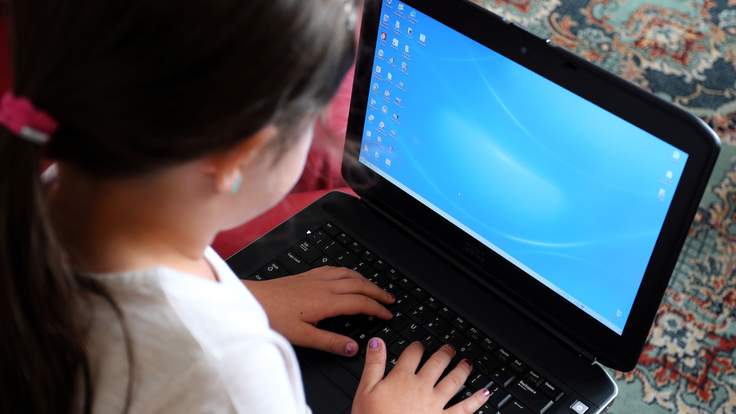In the fight against cyberbullying and the quest of cybersafety, all ideas will be heard. However, we are not sure who came up with this one and how it got passed the door of whichever office it was suggested in. Having been into a multitude of schools and universities and spoken to thousands of students ranging from 6 years old to 21 years old – the idea that a teenager would need to ask for permission before using Google is quite frankly ridiculous!
Having started this post on the 14th December when the news launched, we are happy to read that this bill from the European Union has been scrapped. We for one agree with what the Diane Award Youth Board said on the 14th when they learned of the proposed bill.
“This higher age threshold may incentivise children between the ages of 13 and 15 to lie about their age. Children aged 13 and above have long accessed online services; an artificial and sudden change to this threshold will likely result in many children between the ages of 13 and 15 lying about their ages in order to continue accessing online services – rather than asking their parents to consent,”
The Beat The Cyberbully initiative has and always will take a standpoint of education over anything else. Some 13-15 year olds have been using the internet, in some cases, for up to 10 years, they’ve been using it to learn, to train, to explore, to research, to communicate, to reach out, to connect, to stay in touch, to watch TV and to read their books. Many schools have a BYOD – bring your own device policy where children are encouraged to use their devices to help them with project work and other learning activities. Changing the way they access this tool, to be permission based would have been disastrous on a massive scale.
The Family Online Safety Institute warned the move could backfire, saying in an open letter: “We feel that moving the requirement for parental consent from age 13 to age 16 would deprive young people of educational and social opportunities in a number of ways, yet would provide no more – and likely even less – protection.”
We are glad that sense has been seen and we hope that in the near future, governments will spend more time liaising with organisations on the ground who are dealing with this issue of cyberbullying, cybersafety and online reputation first hand, to come up with a cohesive education and awareness approach that can bring us all in line with each other, empower us to take control of our online environment and reputation and help each other have a safer online experience! Fingers crossed eh?
Are you a parent, teacher or work with young people?
Get Our FREE eBook on Beating Cyberbullying and receive updates on events and special offers.



Recent Comments